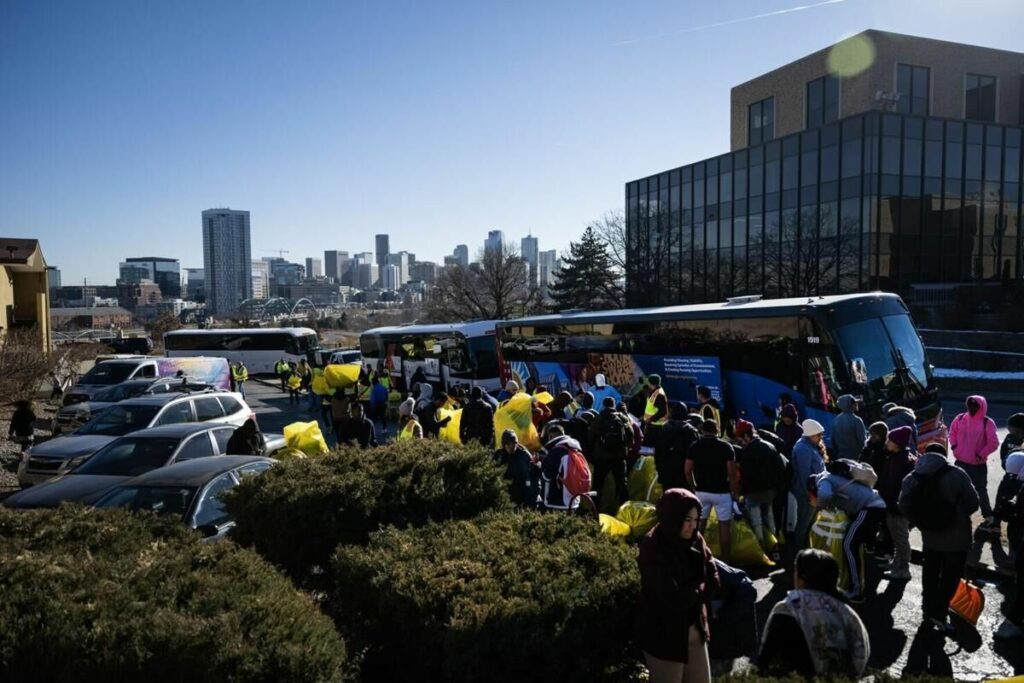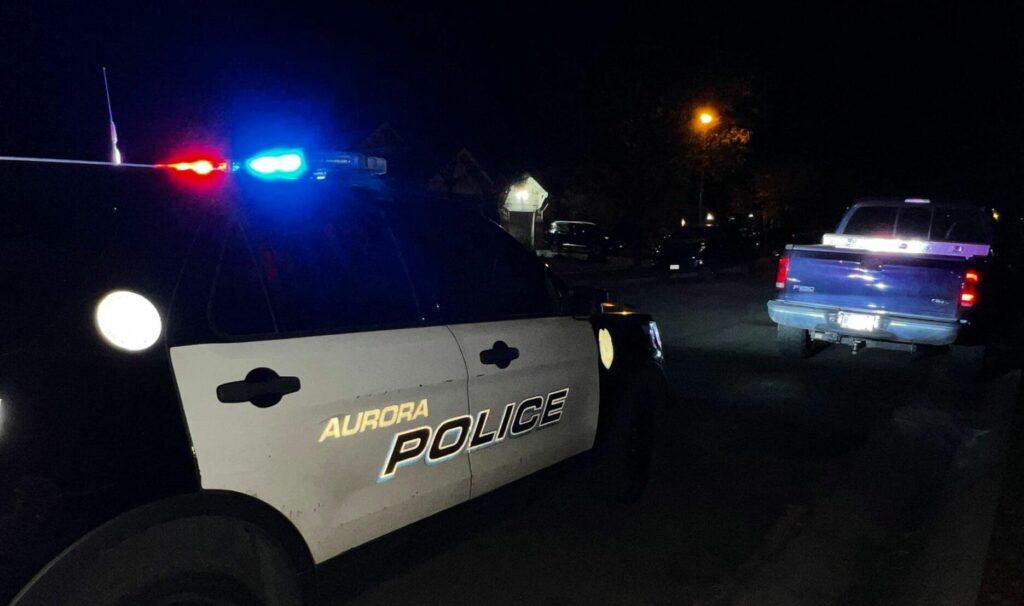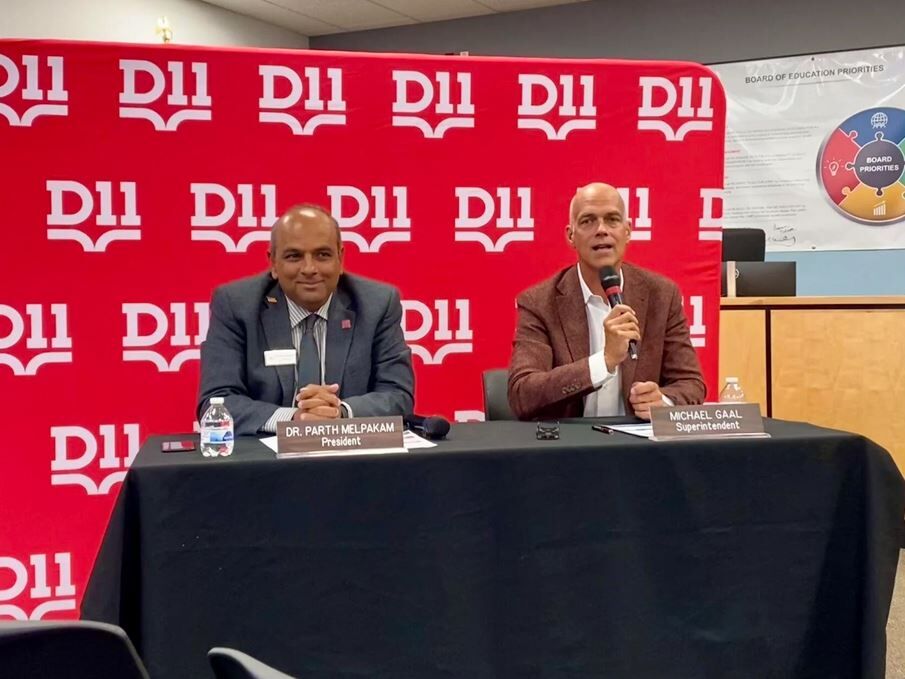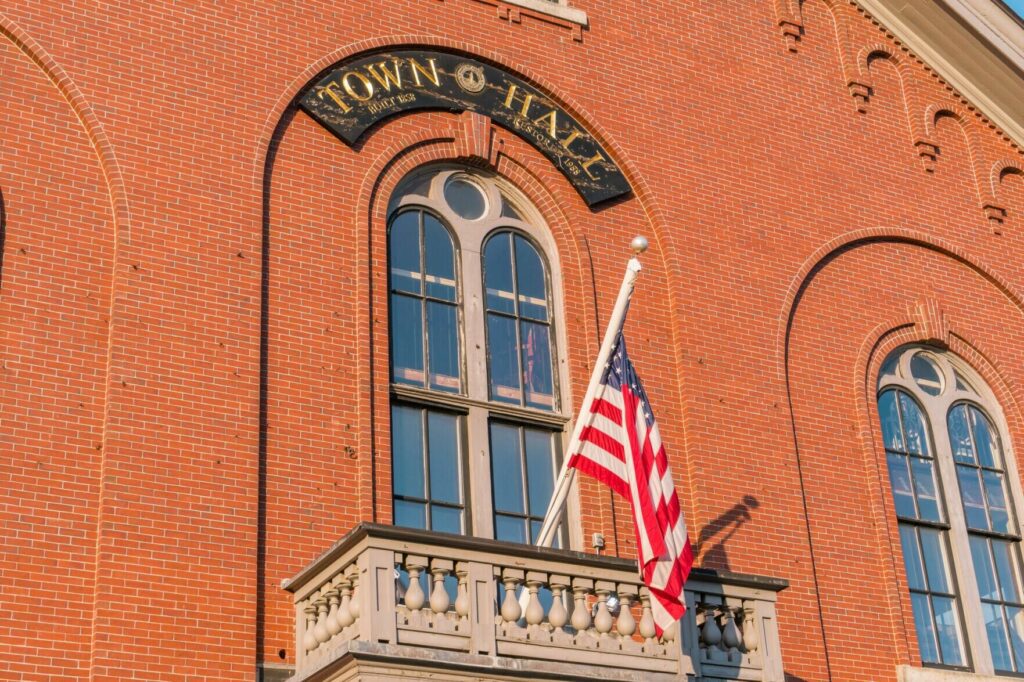Court restores reason in Colorado and beyond | Colorado Springs Gazette
Society sometimes overcorrects when righting its wrongs. Attempts to stand up for those who have suffered discrimination in one form or another can, in some cases, backfire and undermine the fundamental rights of others. That’s when courts must step in and draw the line.
The U.S. Supreme Court did just that last week, twice, in landmark rulings.
It struck down race-based admissions policies in higher education across the country. And – in a Colorado-centered precedent in which the appellant and the justice who penned the majority opinion are Coloradans – the court sensibly ruled anti-discrimination laws cannot force a business to express views that conflict with its values.
Both decisions reflect an understanding by the nation’s highest court that the law had gone too far in addressing inequities – by creating inequities.
As we noted here last week, the decision curbing affirmative action, in the case Students for Fair Admissions v. President and Fellows of Harvard College, was overdue. Letting students cut in line in the admissions process because of their race – even if intended to redress past discrimination – is unfair.
First and foremost, it’s unfair to those very students. Affirmative action wrongly presumes such students don’t have what it takes to succeed. That stands to undermine the sense of initiative every student should have. It then doubles down by saddling those students with the stigma of having received “preferential treatment.”
The court’s decision in Colorado’s 303 Creative LLC v. Elenis set needed boundaries around government’s ability to control individual creative expression in the name of advancing tolerance.
The case was fraught with the long-standing tension of the gay-rights debate, yet it really was about something more elementary – whether the law can force people to express themselves in ways that clash with their core beliefs. The court ruled the law cannot do so.
The case featured a self-employed Colorado web designer, who wanted to expand her services into designing websites for weddings.
Colorado’s anti-discrimination laws, however, would compel Lorie Smith to design sites for same-sex weddings, too. Smith objected, based on her religious beliefs – beliefs widely held by many Christians, Muslims, Jews and others.
Colorado’s U.S. Supreme Court Justice Neil Gorsuch wrote for the court’s 6-3 majority that Smith could not be forced by the law to create, essentially, a work of art that goes against her values. Gorsuch wrote it was clear Smith’s web designs are a form of expression and thus are protected by the First Amendment.
Let’s be clear about what the court’s ruling doesn’t do. It doesn’t imperil historic anti-discrimination laws regarding public accommodations, i.e., laws barring discrimination against apartment tenants, loan applicants, restaurant patrons and so forth. More to the point, it doesn’t let any business refuse service because of a customer’s sexual orientation.
The case – much like Colorado’s high-profile Masterpiece Cakeshop case, decided on a legal tangent by the court in 2018 – never was about the sexual orientation of customers despite attempts by some on the other side of the issue to suggest otherwise.
Indeed, Smith wouldn’t have any reason to know or care about the sexual orientation of her clients. She simply didn’t want to be forced to create a website endorsing what she opposed.
“As the court highlighted, her decisions to create speech always turn on what message is requested, never on who requests it,” said Kristen Waggoner, president and general counsel of Alliance Defending Freedom, the public-interest legal advocacy organization that had represented Smith in her court battle.
In both cases, the court restored reason to policies that overreached in attempting to tackle discrimination. All of us can welcome that.
Colorado Springs Gazette Editorial Board













